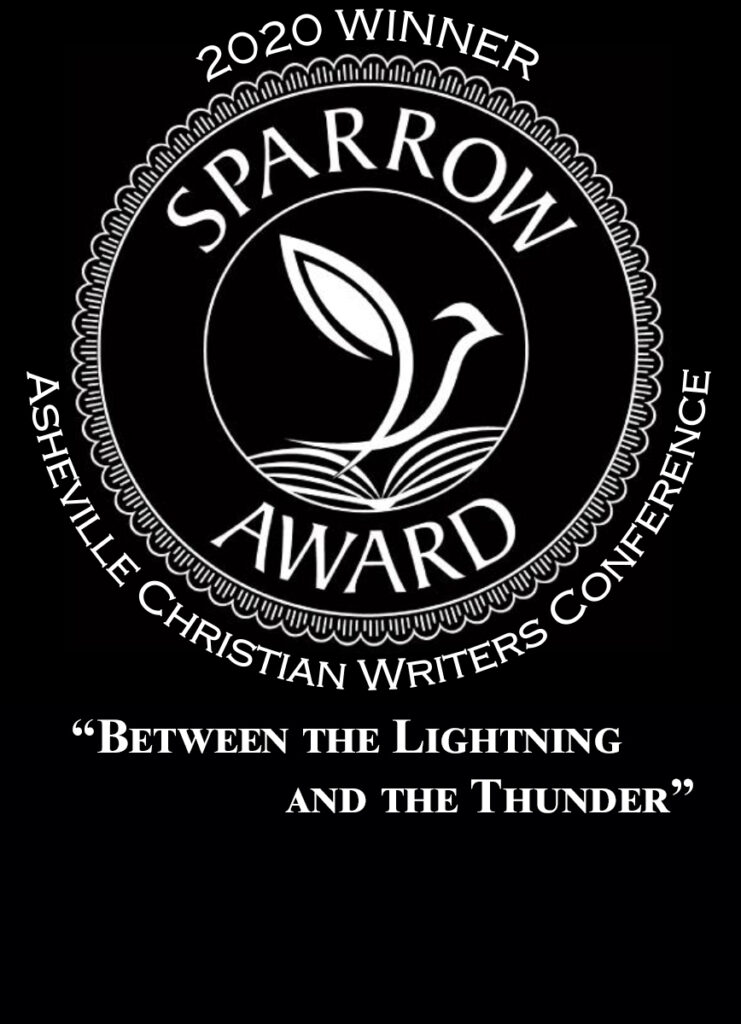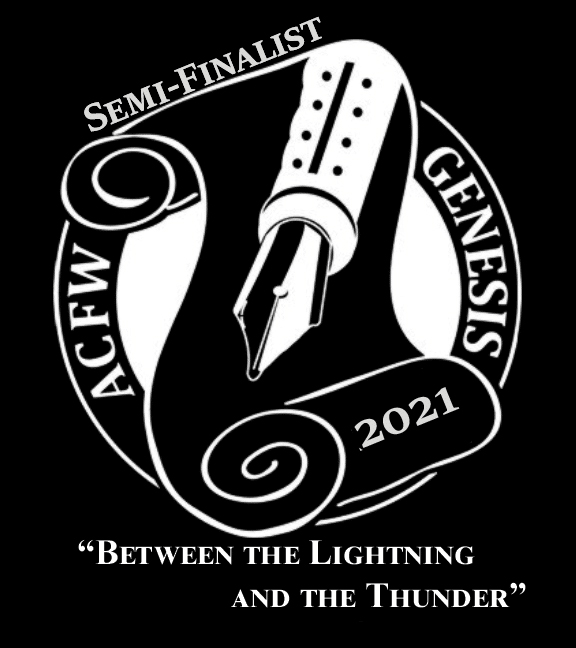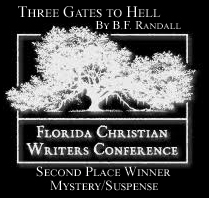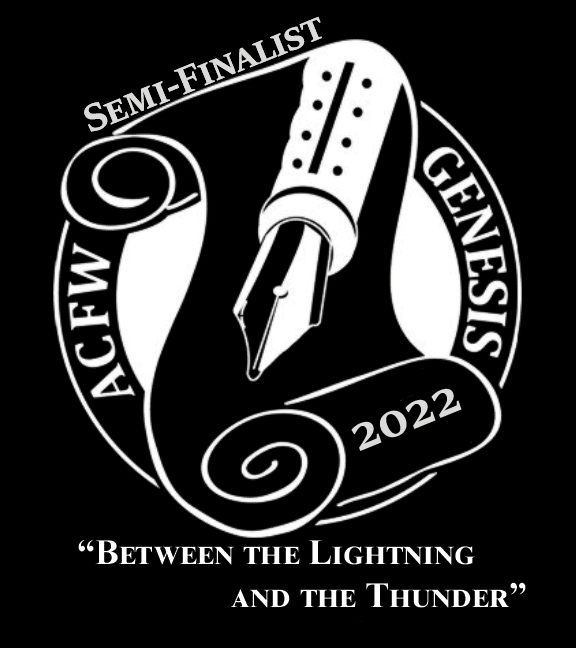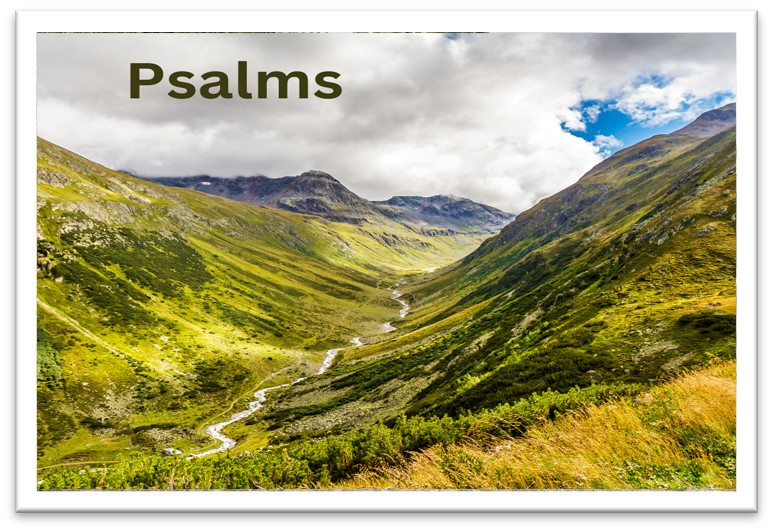
Cruising Route 66
“Paving the Path to Purity”
Hide your face from my sins and blot out all my iniquity. Create in me a pure heart, O God, and renew a steadfast spirit within me. Do not cast me from your presence or take your Holy Spirit from me. Restore to me the joy of your salvation and grant me a willing spirit, to sustain me. Then I will teach transgressors your ways, so that sinners will turn back to you. Deliver me from the guilt of bloodshed, O God, you who are God my Savior, and my tongue will sing of your righteousness. Open my lips, Lord, and my mouth will declare your praise.
Psalms 51:9-15
Martin Luther said that he found the gift of God’s righteousness shining brightly through the Psalms. It could be called “God’s Book of Common Prayer.” Within these living prayers of David the full range of human emotion is found. Each is strung together by one thread, a heart hungry for God. They are the language of worship, refreshing to our souls, because they are honest, real and presented without pretense. Some are defiant, some reverent, some instructional, and some informative. Some are prayed, and others are sung.
The Jews called the Psalms “séper tehillím,” Book of Praises, or the Book of Approvals. Interesting title considering that praises, and approvals flow through the Psalms both ways. We praise a holy merciful God, and He approves of us as we submit to His guidance and love.
Blessed is the man who does not walk in the counsel of the wicked or stand in the way of sinners or sit in the seat of mockers. Psalm 1:1
The Book opens by pronouncing a blessing upon us a Hebrew word that literally refers to being happy. The Amplified Bible qualifies the term as “happy, fortunate, prosperous and one worthy to be envied.” It is a term Jesus used to describe those who were citizens of His kingdom. Those who took on the characteristics He presents in the Beatitudes. In this context, however, the cause of such abundant happiness is the purity of a righteous walk.
David has spiritual erosion in mind. Note the first action word is “WALK.” This is a term that refers to a “casual movement”, a leisurely stroll along the path. It’s not a movement of purpose, like going to a predetermined destination. It’s non-specific, an involvement of chance rather than choice. It’s like going to work, You may see signs along the way, but you didn’t take that route in order to read those signs. When you read them, you do so with the same complacent disinterest that David speaks of here.
The word “counsel” is translated from the Hebrew word, “advise” also meaning “hard, or firm.” It is a definite, firm, planned direction, an intention that is unwavering. In other words, the signs you see along the road do not counsel you to buy just any product, but a specific product.
The term “wicked” is obvious. It is that which is evil and ungodly, contrary to God. It is a strongly held position based upon the ungodly counsel that has been received. The signs you have read along the way, without really considering their content, are filling your mind with seeds of contention toward God and His will for your life.
The next action word is “STAND.” This is a Hebrew word that presents the idea of a coming to a stop. It literally refers to the assenting or declaring of something. In other words, the sign along the roadway is no longer information, it is now a directive. Take note of the transition. We are no longer browsing, but have taken the counsel to heart and are conforming our lives to it.
The Hebrew term for “the way” means “that which is marked-out. It’s a certain and precise way of life”. It is no longer an uncertain gray, misdirection. Now it is a premeditated, fully understood, and fully accepted choice. What was once a casual passerby, now slows down and slowly comes to a stop, and from here, takes a stand.
The “sinner” is one who has missed the mark, and as we are all sinners saved by grace, we have all missed the mark. In this case it refers to a lifestyle that is found to be acceptable. It is not merely passing by the bar but stopping in and taking that drink. It’s not working with those who live an unfaithful life, but fitting in. When we stop and stand in a wicked world, the saints start looking a lot like the sinners.
The next action word is “SIT.” Although we may look at “sitting” as a non-active function, it is actually taking a position of active involvement by an inactive action. This activity is made clearer by the term “seat,” which means “habitation” or “permanent residence.” Sitting makes it difficult to retreat, and when this path is chosen our world becomes filled with those who make light of that which is sacred, who blaspheme and reject what they don’t know.
But his delight is in the law of the LORD, and on his law he meditates day and night. He is like a tree planted by streams of water, which yields its fruit in season and whose leaf does not wither. Whatever he does prospers. Psalm 1:2-3
While the first verse was dealing with what you are not to do, this one shows what you are supposed to do. We are to occupy ourselves with God’s Word. To meditate is to study, and search the Scriptures, proclaim them, and dwell upon them. David mentions the Law because we need an absolute standard, a clear and precise direction.
David uses an interesting word to describe how we should read God’s Word. We should “delight” in our time reading the Bible. It is not to be burdensome or as an interruption in our day. In fact we should meditate on it day and night.
Verse one gives us the promise of happiness, verse two provides the way we can experience it, and verse three declares what the end result will be. We become stable, well-rooted, and strong, taking in what gives life and applying it to the world around us.
Enjoy your journey, every day is a gift, don’t waste it, use it wisely.
Until next time…
Ben

